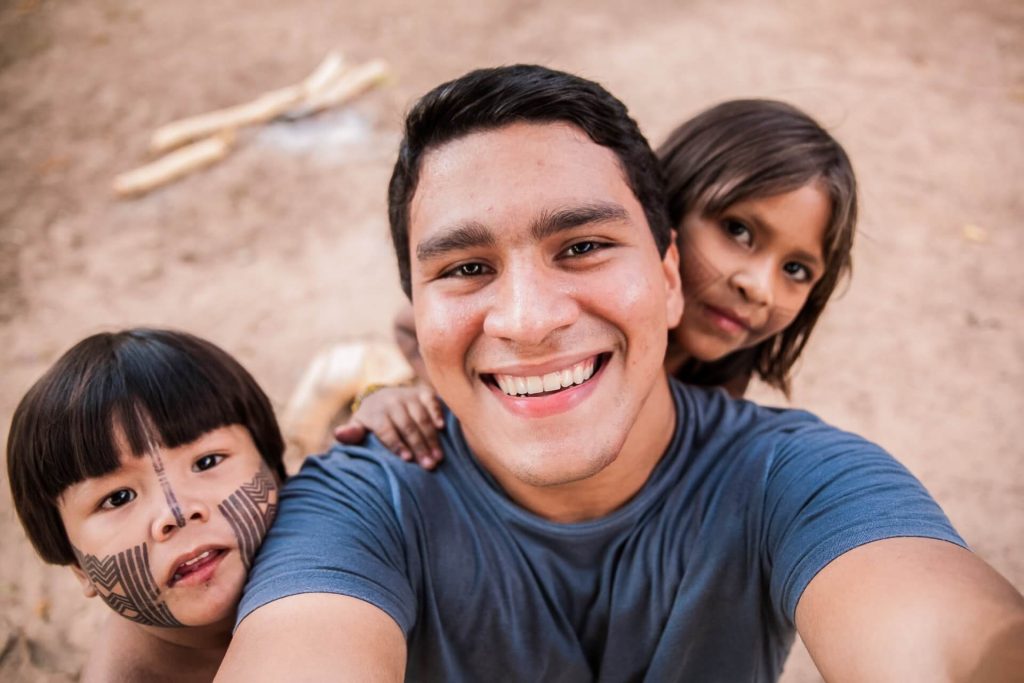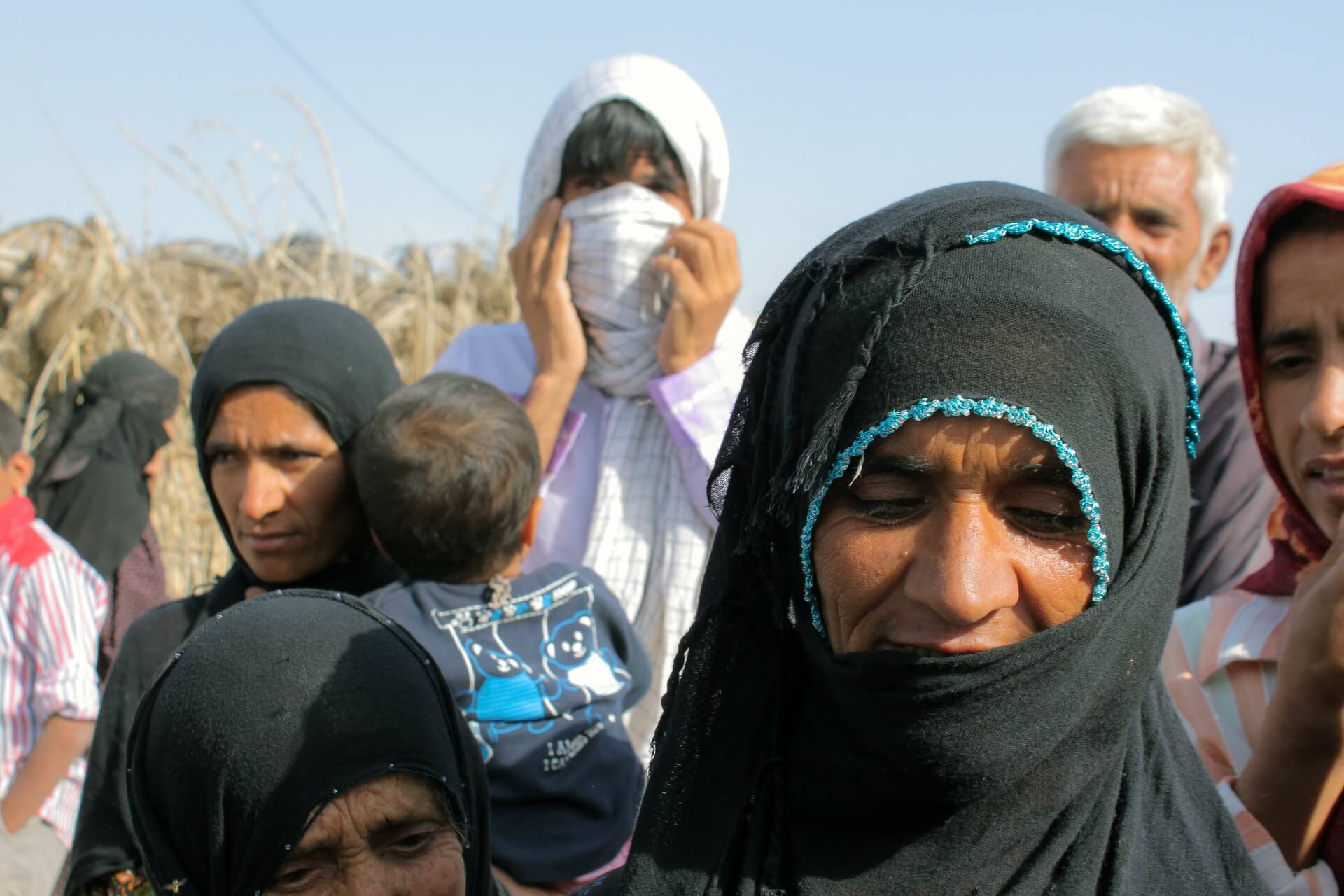It’s time to rethink our approach to data in fundraising so everyone feels like a pro, even if Excel makes you break out in a worried sweat. When we use data we’re more equipped to make better decisions for our strategy, supporters and team; important in a year of more uncertainty!
Children have experienced trying to stay safe from the virus for 18 months now.
Jony Doe
Use Zoom, Facetime, or Skype to keep in touch with family and friends, both local and overseas to stay social, and maintain friendships and relationships when you can’t be together.
Invest in a good CRM – and use it!
- Think about data in everything you do
- Network with other data “non-geeks”
- Get comfortable with a new way of working
If you’re a fundraiser that’s daunted by data you may be surprised how much you’re already using it. Every time you segment your database, draft your budget forecast or analyze a campaign to see if it can be saved with a tweak (or it’s time to let go), you’re using data. Data in fundraising is using the statistics and insights available to you, not intuition or feeling, to make decisions.

Find time for children to get fresh air and sunlight. This may be as simple as spending some time in the backyard or on the balcony. If you live in a place where you can’t get outside, open your curtains and windows if you can, and let the natural light in.
Be aware of data pitfalls
It’s time to rethink our approach to data in fundraising so everyone feels like a pro.
Nikki Bell
If we have a good idea that we’re passionate about, it’s very easy to analyse data in a way that will prove that we’re right. This is called ‘confirmation bias’ and is something you need to be mindful of from day one to keep yourself and your team in check. Without this awareness, we lack the opportunity for innovation and growth – a key focus for charities in 2021!
In this time ask them if they just want to share, or if they want you to help them to find a solution. Children don’t always want advice, sometimes being heard is enough. If you or your children need further support, please reach out to a trained professional such as a psychologist, social worker or GP.













